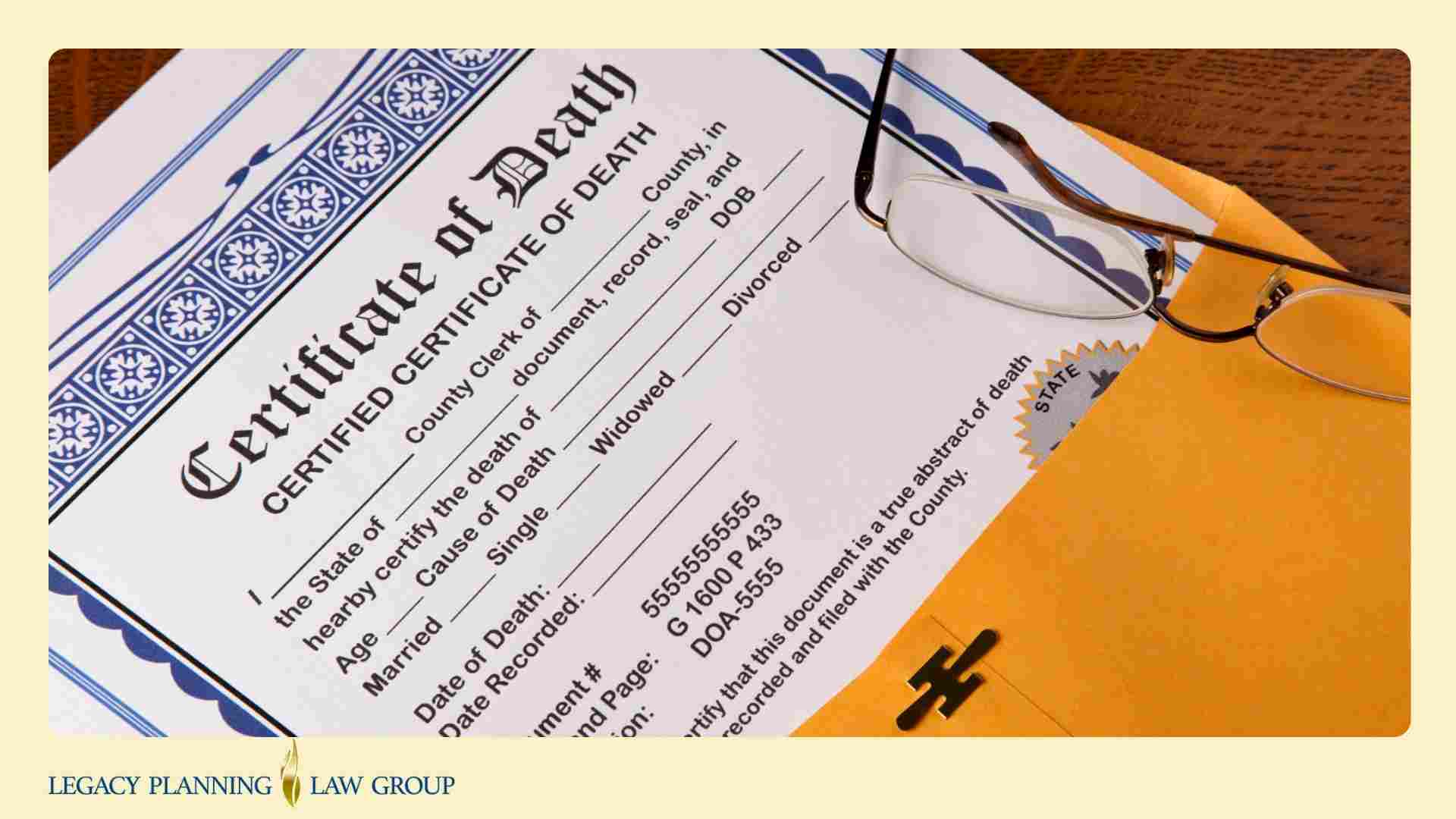Even with a surviving spouse, probate may still be required—especially if assets are solely in the deceased’s name. Learn the key differences between wills and trusts, and how a revocable trust can help families in Jacksonville avoid probate and protect their loved ones.

One of the many aspects of a professionally created estate plan involves employing strategies to avoid family fights over distributing your life’s work and hard earned treasure. As a trusted probate law firm, Legacy Planning Law Group works with Jacksonville clients to craft a path toward a peaceful resolution of your estate, minimizing the risk of disputes that can arise in probate court. Drawing from years of experience and a keen understanding of family dynamics, we’ve compiled a wealth of strategies to safeguard your legacy and your loved ones’ relationships.
The Disney family is one example of being well-known not just for great professional success and wealth, but family inheritance fights. Smart estate planning strategies help avoid these types of issues for your family to keep them out of court and ensuring harmony long after you are gone. In the following video, Probate Attorney Bill O’Leary outlines various high-risk factors for probate litigation and provides strategies to minimize the risk of family fighting.
What Causes Family Fights in Probate Court?
Before we explore solutions for preventing family fights in probate court, it’s essential to recognize the common factors that may lead to family disputes during probate. Probate is the legal process whereby a deceased person’s estate is going to be administered and ultimately overseen by the probate court and a judge. Read more about the Florida probate process.
High-Risk Factors for Probate Litigation
- Sibling Rivalry and Second Marriages: These dynamics can create a fertile ground for conflicts, especially without clear directives or prenuptial agreements.
- Dysfunctional Family Relationships: Tensions within the family can escalate into legal battles when the estate planning does not address these complexities.
Nonstandard Estate Plans and Unequal Treatment of Heirs
Estate plans that do not use standard methods for distribution of assets and wealth are a recipe for problems. Unequal treatment of children or appointing an executor who may not be suited for the responsibility can significantly heighten the risk of family disputes in probate court. Such decisions, like distributing assets unequally or excluding a child from the estate plan, often stem from complex family dynamics but require careful consideration and clear justification to prevent misunderstandings and litigation.
How Can You Minimize the Risk of Probate Litigation?
Open Communication: The First Line of Defense
The cornerstone of any robust estate plan is open, honest dialogue. Discussing your intentions can help manage expectations and reduce misunderstandings. Transparency about the distribution of assets, the rationale behind your decisions, and who you’ve appointed as executor can preempt potential conflicts.
What Types of Estate Planning Tools Help Avoid Family Fights?
Experienced estate planning attorneys have various tools, from creating a revocable living trust to drafting a detailed and legally sound will, as outlined in the article “6 Estate Management Strategies to Avoid Inheritance Disputes and How to Implement Them” from Legal Reader.
Revocable Living Trusts
A revocable living trust can be a powerful instrument in your estate planning toolkit. By placing your assets in a trust, you enable a direct transfer to your heirs based on the trust’s instructions, thereby sidestepping the probate process. This not only preserves privacy but also significantly helps with preventing family fights in probate.
The Critical Role of a Well-Drafted Will
A Will, detailed and specific, serves as the bedrock of your estate plan. It is the voice that speaks your wishes when you cannot, guiding the distribution of your assets in a manner that leaves no room for misinterpretation. Choosing an executor demands a realistic assessment of their capabilities and the potential impact on family harmony, as the wrong choice can lead to conflicts and impede the efficient execution of your wishes.
Beneficiary Designations: A Simple Yet Effective Measure
Some assets pass through beneficiary designations, including life insurance policies, retirement, investment, and bank accounts. Regularly updating beneficiary designations on life insurance policies, retirement accounts, and similar assets ensures that your current wishes are accurately reflected, reducing potential conflicts.
Advanced Planning Strategies to Shield Your Legacy
The Protective Shield of Prenuptial Agreements
A prenuptial agreement can mitigate the risk of inheritance disputes by establishing specific terms and conditions in the event of a divorce. They are particularly important in states where the courts can divide property acquired during the marriage regardless of where the assets came from. By drafting documents explicitly declaring intentions about the treatment of inherited assets, you provide an additional layer of protection to assets in case of divorce. The process also fosters communication between parties to assist in clarifying expectations for the future.
Liquidating Assets: Simplifying the Distribution Process
Deciding to liquidate non-cash assets, like real estate, can make the division of your estate simpler and more straightforward. Alternatively, establishing a buyout arrangement can allow heirs interested in retaining certain assets to purchase them, avoiding the need for sale.
The Role of Professional Probate Guidance
Collaborating with a seasoned Florida probate attorney ensures that your estate plan not only reflects your wishes but is also crafted to withstand potential disputes. This partnership is invaluable in creating a legacy that honors your life’s work and fosters family harmony.
Conclusion: Crafting Your Legacy with Care
With careful planning, open communication, and the right legal instruments, it’s possible to craft an estate plan with the focus of preventing family fights in probate court. Remember, the true legacy is not just in the assets you leave behind but in the peace and unity preserved among those you cherish most.
We invite you to reach out and begin the conversation about securing your legacy and safeguarding your family’s future by scheduling a discovery call with Team Legacy. Together, we can navigate the complexities of estate planning and create a plan that reflects your wishes, protects your assets, and promotes harmony within your family.



